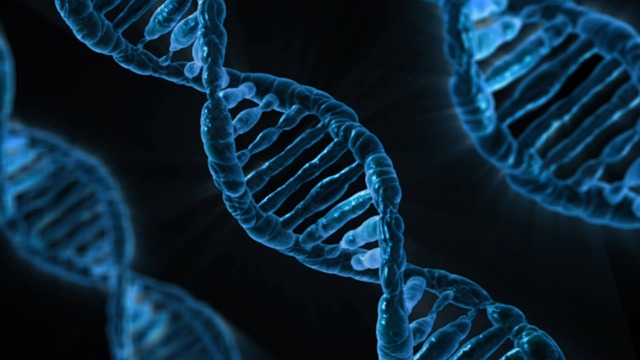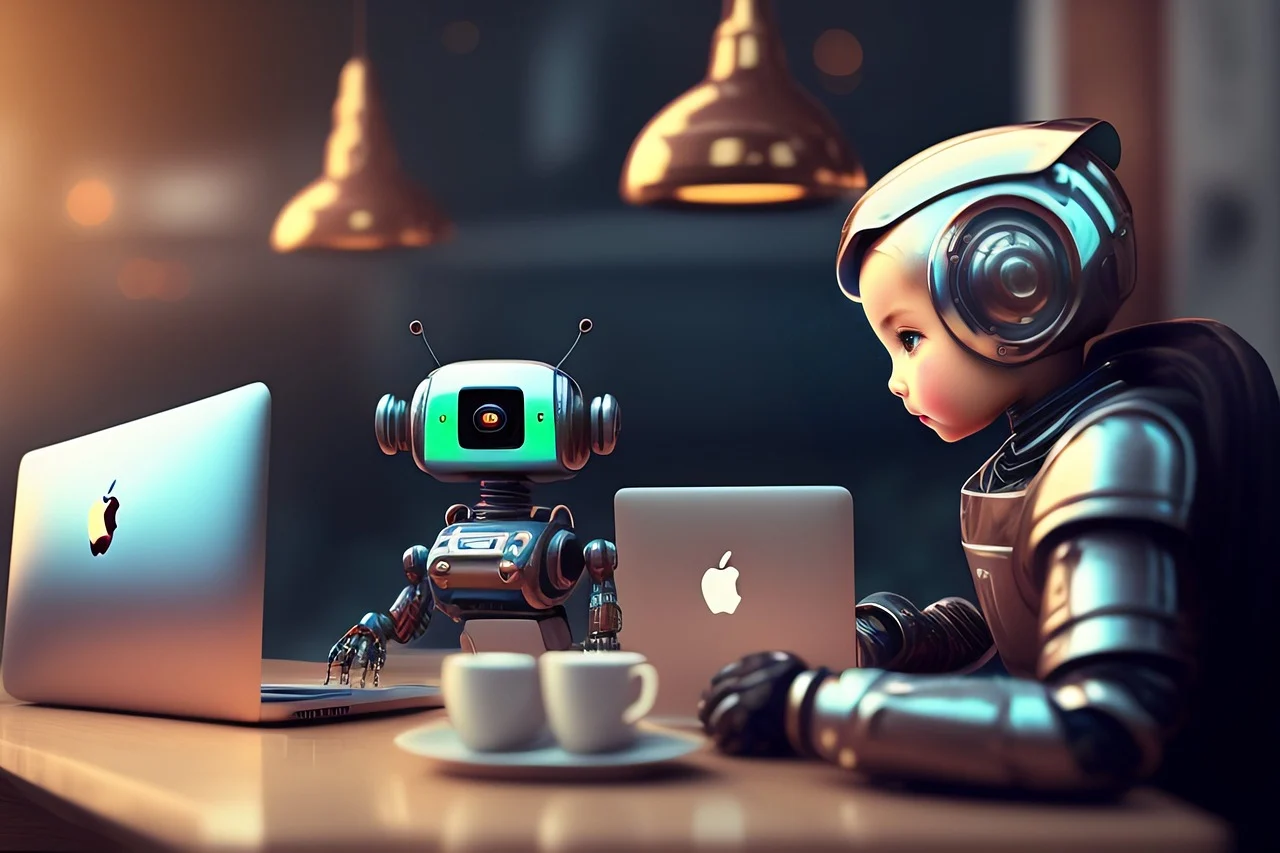Macrocosm of Data Finds New Home
Finally a solution to the bailiwick of CIOs everywhere.
As data continues to amass current methods of storing it will soon be mothballed. News from Harvard that bacteria in the average human stomach can store more data than the most advanced computer hard drives available today should be a harbinger of things to come.
The supposition that digital data could be warehoused in DNA is no longer; it is fact. The vaunting task of storing Brobdingnagian (vast) amounts of data is suddenly a foregone conclusion. The contents of the entire Internet will soon be stored in just 75 grams, about 75 paper clips worth, of DNA material; the cardinal rules of data management are being rewritten.
A forward-looking team at Harvard University’s Wyss Institute, led by George Church and Sri Kosuri, have brainstormed their way to successfully storing 5.5 petabyes, or 700 terabytes (TB), of digital data in a single gram of DNA. Rather than enciphering binary data on magnetic drives, scientists are leveraging strands of DNA to microcode data. DNA, capable of storing 96 bits, is synthesized with each of the TGAC bases representing a binary value: T & G representing 0 and A & C representing 1). Parsing data stored in DNA is as simple as using existing sequencing apparatuses and converting or distilling each base back to binary code.
DNA is very dense and can store one bit per base with each base only a few atoms large. DNA is also volumetrical meaning it is stored in a beaker or other incurvation rather than a hard disk. Finally while some advanced storage systems need to be kept in subzero vacuums DNA can be stored in a box in your house.
Time Ripe For A New Data Technology
Advanced micro fluids and labs on chips are now being used every day to sequence DNA to the point where modern lab equipment can analyze a single human genome of 3 billion DNA base pairs in a few hours.
Among the many significant advances that would come out of this technology would be the possibility of storing data for tens of thousands of years thus overcoming the major drawback of current data storage methods.
Using this technique researchers believe it would be possible to store 100 million hours of high definition video in a cup of DNA. As we have been covering on IndustryTap, the Internet of everything will soon add huge amounts of data thus making this breakthrough extremely timely and significant.
DNA is composed of carbon which can be destroyed but is not affected by electromagnetic fields like today’s current technology. According to Nick Goldman of EMBL-EBI scientists regularly extract DNA from animal bones dating back thousands and millions of years.
A key advantage of DNA data storage is that electricity is not required. Another advantage is genetically encoded information could store, encrypt and secure data better than any technology currently available.







